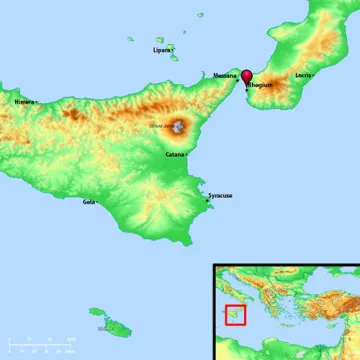Martin Luther on the Jews, Part 3
 A discussion of Martin Luther's treatise On the Jews and Their Lies
A discussion of Martin Luther's treatise On the Jews and Their Lies
Any Christian who does not understand the historically and Biblically verifiable truths of Jewish identity has no choice but to embrace multi-racialism and universalism, which is indeed the wide path to destruction.

 The end of Acts chapter 27 left us at the end of a shipwreck, as after several weeks of struggling through apparently early Winter storms, the ship carrying Paul, Luke and Aristarchus is finally run aground on an island. The nature of the wreck indicates to us the size of the ship, as evidently it could not get very close to the shore since the men had to make a swim for it, and they were not certain whether they could all make it safely. One manuscript, the Codex Vaticanus, tells us that 76 people were on board, and the Codex Alexandrinus tells us 275, however the preponderance of the manuscripts tell us that there were 276 men on board the ship. Some of these were crewmen, and some were soldiers in the company of the centurion, Julius.
The end of Acts chapter 27 left us at the end of a shipwreck, as after several weeks of struggling through apparently early Winter storms, the ship carrying Paul, Luke and Aristarchus is finally run aground on an island. The nature of the wreck indicates to us the size of the ship, as evidently it could not get very close to the shore since the men had to make a swim for it, and they were not certain whether they could all make it safely. One manuscript, the Codex Vaticanus, tells us that 76 people were on board, and the Codex Alexandrinus tells us 275, however the preponderance of the manuscripts tell us that there were 276 men on board the ship. Some of these were crewmen, and some were soldiers in the company of the centurion, Julius.




 Please click here for our mailing list sign-up page.
Please click here for our mailing list sign-up page.







